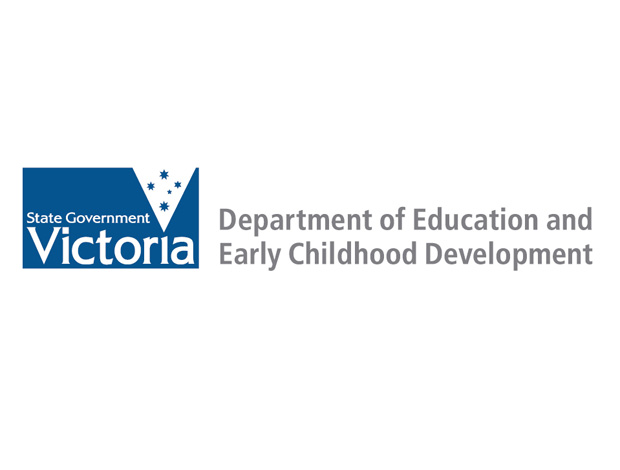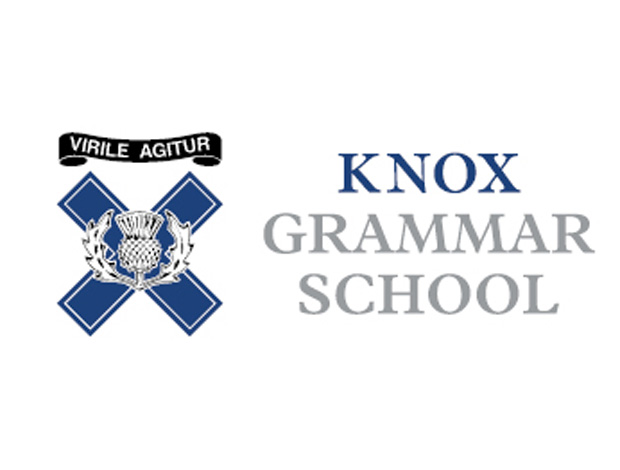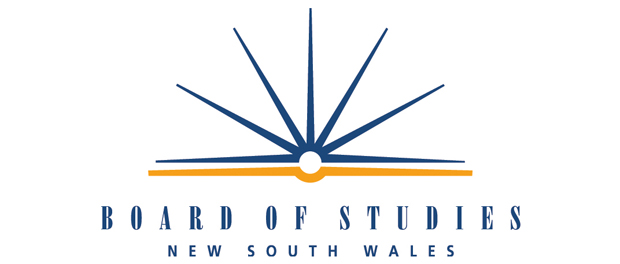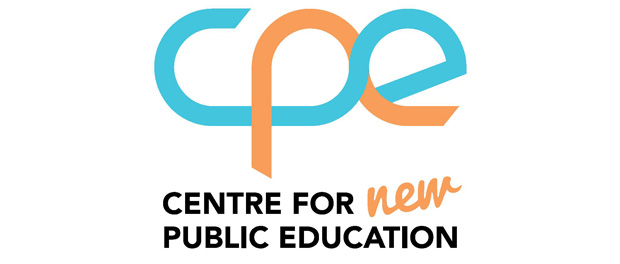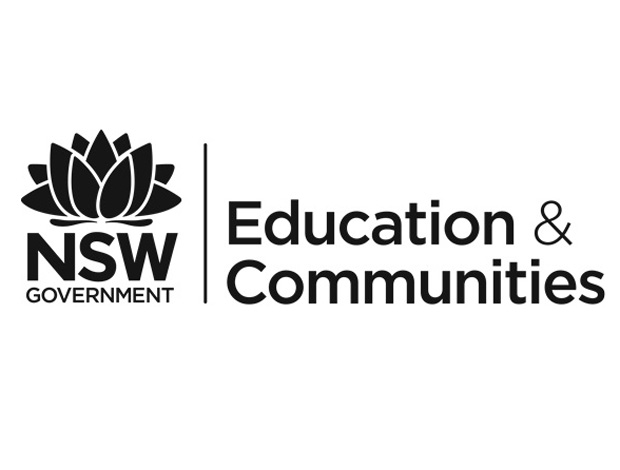I met Sean Tyrell, manager of the Priority Policy team and his colleagues Phaedra Eayrs, Georgia Shiells and Amy Hughes at the Victoria Department of Education and Early Childhood Development (DEECD). As a ‘blue-sky thinking’ team, this group has been tasked with drafting new state-wide priority strategies for literacy, numeracy and science. Although much of the content of these strategies is still under discussion (and therefore confidential), two elements struck particular chords with me.
Firstly, in the literacy strategy, Victoria is highlighting the importance of oracy as a part of literacy because learners need to make greater improvements in speaking and listening skills. The limited improvement over the last decade in speaking and listening, compared to reading and writing is also mirrored in Scotland. Victoria is committed to producing quality assured assessment tools for oracy, ‘accompanied by professional learning to help educators and early childhood professional measure progress and identify extra support needs’. This proactive approach is a bolder move than any currently being implemented in the UK but is, undoubtedly, timely and relevant .
Secondly, the department is writing itself into these strategies so that it, too, has actions which it needs to achieve to boost literacy development across the state. This could involve streamlining processes of data collection, analysis and dissemination as well as developing evaluative frameworks to better support providers. This is an extremely bold and inclusive move which foregrounds the importance of transparency and accountability to diverse stakeholders. From schools’ perspectives, it must surely be incredibly motivating to see that the DEECD has actions, aims and objectives for themselves as a government department, as well as for teachers and educational professionals. In contrast to the hierarchical trends of new public management , the DEECD is setting an inspiring example of cooperation and collaboration with stakeholders in which each group, like part of a jigsaw puzzle, has a part to play yet no part is bigger or more important than any other. Policy professionals in the UK could learn a very valuable lesson from this innovative and equalising Victorian model (when its details are released into the public domain!).
